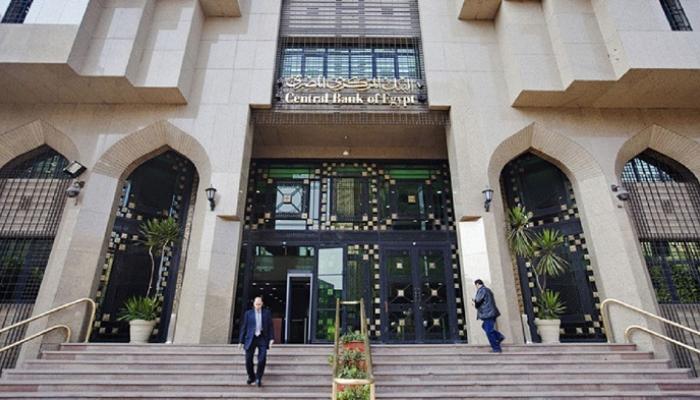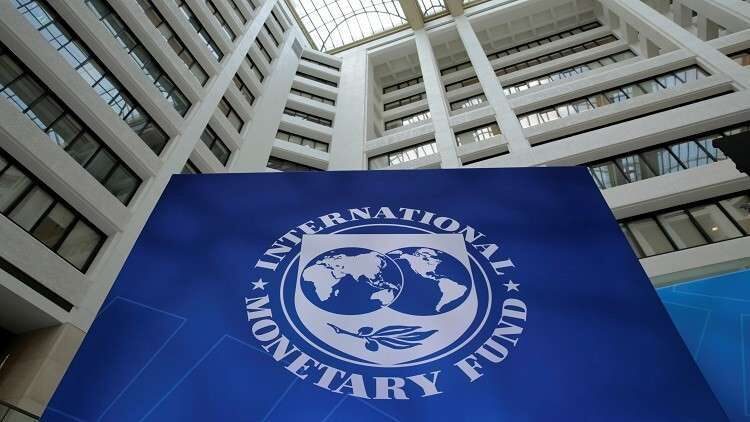The Monetary Policy Committee (MPC) of the Central Bank of Egypt (CBE) is set to convene on Thursday to evaluate pivotal interest rates, amidst a backdrop of significant global and domestic economic developments, with a sharp focus on inflation trends.
Thursday’s meeting marks the third gathering of the MPC in 2024, also serving as the final session of the current fiscal year 2023/2024, concluding on June 30. Anticipation surrounds the likelihood of the committee maintaining the existing interest rates, given the cooling inflation.
Hany Abo El-Fotouh, a banking expert and CEO of Alraya Consulting, anticipates the CBE’s decision to uphold current interest rates, citing the recent trajectory of inflation rates, particularly evident in the past two months.
Since the beginning of 2024, the CBE has significantly increased key interest rates, amounting to 8% or 800 basis points. This adjustment elevated the overnight deposit rate, the overnight lending rate, the main operation rate, and the discount rate to 27.25%, 28.25%, 27.75%, and 27.75%, respectively.
Abo El-Fotouh’s expectation is primarily rooted in the deceleration of the annual headline inflation rate in April, signaling the efficacy of the current monetary policy in curbing inflation. Additionally, stabilizing the Egyptian pound’s exchange rate in May has played a pivotal role in mitigating imported inflationary pressures.
Egypt’s inflation eases
Official data from the Central Agency for Public Mobilization and Statistics (CAPMAS) indicates a contraction in Egypt’s headline annual inflation in both April (32.5%) and March (33.3%), compared to the 35.7% recorded in February. Furthermore, recent decreases in the prices of certain food commodities by 20%-30% have been attributed to the release of stored goods in ports and the influx of foreign exchange inflows from international financial institutions and partners in the form of bailout packages.
Similarly, the core inflation, as calculated by the CBE, declined over the past two months, registered at 33.6% in March and 31.8% in April, down from 35.1% in February.
Moreover, the Egyptian Cabinet announced this week the receipt of the second tranche of the $35 billion Ras El-Hekma development deal, originally signed in February.
The global trend of stable or decreasing interest rates further alleviates pressure on the CBE to raise rates to maintain investment attractiveness in Egypt. An expected absence of US dollar rate hikes against the local currency adds to this sentiment.
In March, the CBE opted to set the Egyptian Pound rate based on local market supply and demand dynamics. Since then, the US dollar rate against the Egyptian Pound has increased by nearly 20%. However, recent days have seen a reversal in this trend, with the US dollar rate starting to decline against the EGP.
Raising interest rates could potentially hamper economic growth by elevating borrowing costs and diminishing investment and consumption spending. Additionally, higher interest rates would amplify the debt service burden for individuals and businesses, potentially impacting their ability to repay loans.
Abo El-Fotouh emphasized that maintaining interest rates at their current levels would contribute to preserving stability in local market prices and the exchange rate, fostering confidence in the Egyptian economy. This, in turn, would stimulate investment and spending, supporting economic expansion and job creation.
“The committee’s forthcoming decision holds significant importance in the prevailing economic climate,” the expert asserted.







